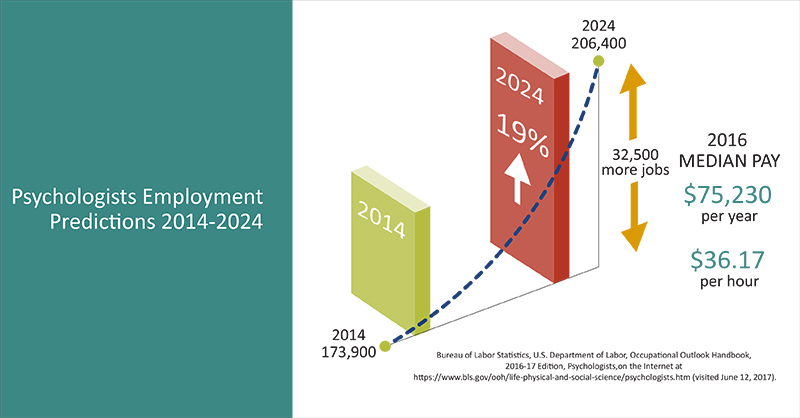
Chances are very high that you know at least one person who suffers from post-traumatic stress disorder, or PTSD. This is the most common psychiatric consequence of trauma. We see it in first responders, victims of sexual or physical abuse and veterans, among others. While June has been deemed PTSD Awareness Month by the National Center for PTSD, psychologists and other health care providers can help the 4% of the population that experience trauma and suffers through bouts of PTSD all year long.
PTSD Can Affect Anyone
The Department of Veteran’s Affairs aids in raising awareness about PTSD and the treatments available. The NCPTSD focuses on learning the facts, exploring the options and reaching out to help those with PTSD. While the trauma experienced may be different for each person, successful treatment options can be applied to a variety of people. It is important for health care providers to remember that PTSD happens to non-veterans, too.
All Health Care Providers Can Help
Psychologists study the mind and behavior, embracing all aspects of the human experience — from the functions of the brain to the actions of nations, from child development to care for the aged. As a psychologist, you can help patients with mental and emotional problems like PTSD.

Psychologists aren’t the only health care providers who should be aware of the symptoms of PTSD and how to carefully recommend further treatment to their patients. Non-counselor or non-clinical type providers can help identify PTSD patients in their day-to-day interactions. Clinical and research psychologist Ingrid Herrera-Yee, PhD explains that providers can look for symptoms or even speak with family members who are expressing concern. “Reports of nightmares, sleep disruption, anger issues, startling easily, and having difficulty coping are all indicators that PTSD may be something to explore,” she said. “Non-counselor providers can provide support, offer guidance, and provide resources and information,” Herrera-Yee continued.
Some of the top organizations recommended to help providers, patients and family members deal with PTSD include:
